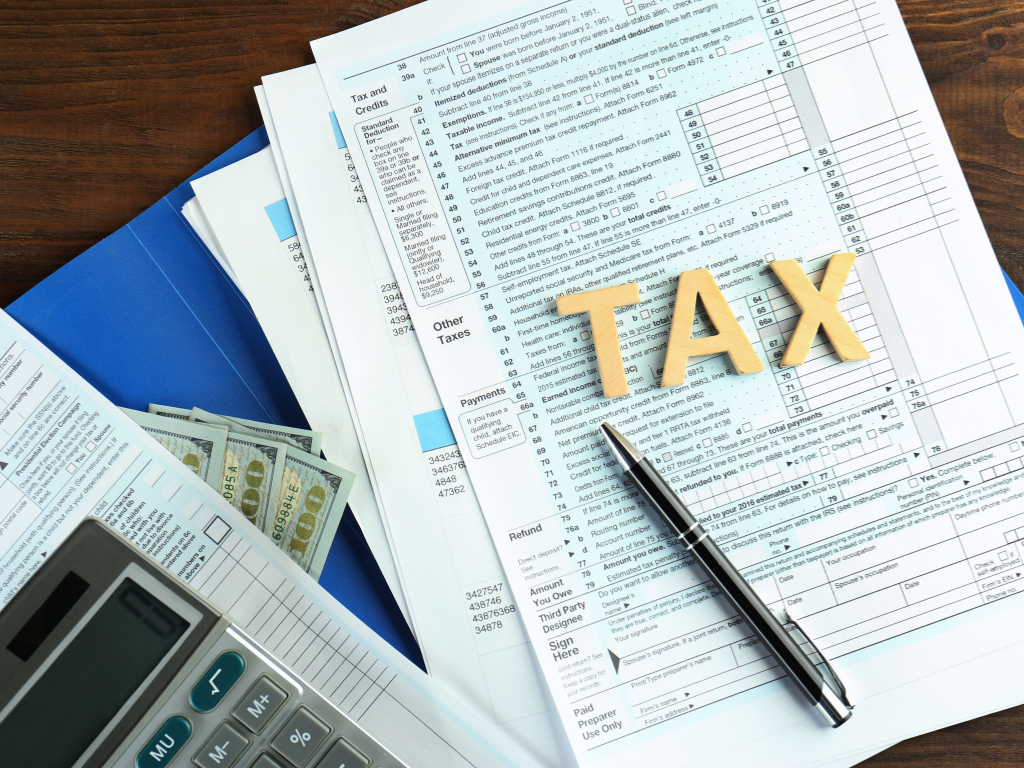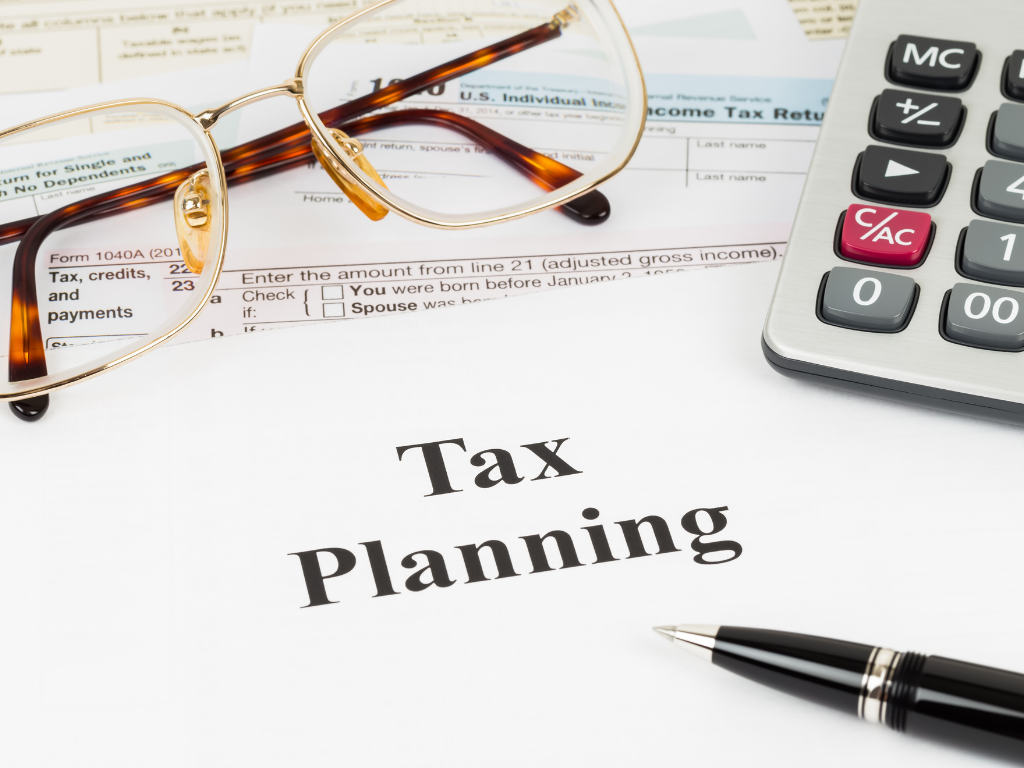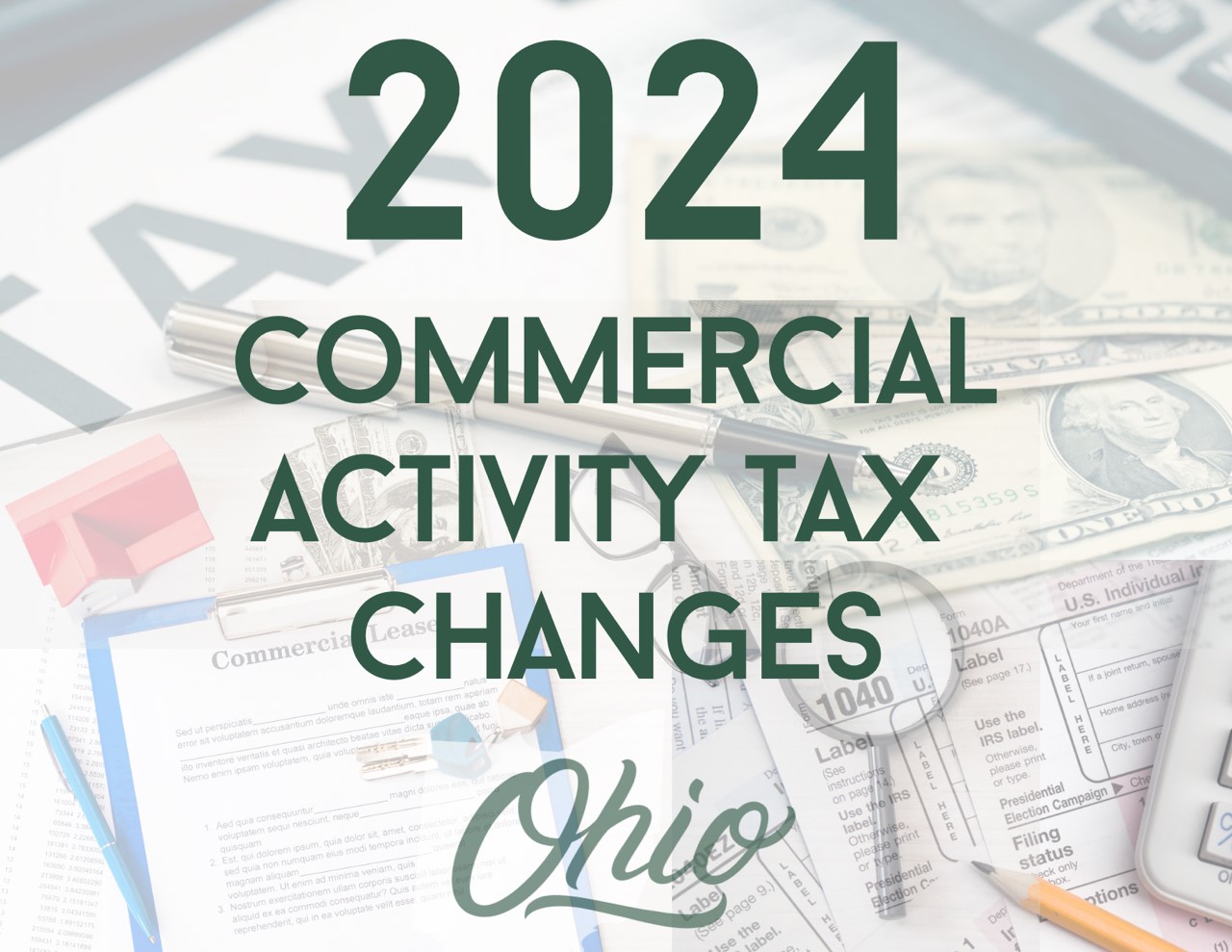Planning for retirement is a crucial aspect of managing a small business. Unlike traditional employees who may have access to employer-sponsored benefits, business owners must proactively manage their retirement savings. This involves navigating fluctuating incomes and variable cash flows while balancing the demands of running a business. Tax-deferred retirement plans offer a valuable solution, providing significant tax benefits while helping to secure your financial future.
SEP-IRAs: Simplified Employee Pension Individual Retirement Accounts
One of the most accessible retirement plans for small business owners is the SEP-IRA. This plan allows employers to contribute to their employees’ retirement accounts and their own. For 2024, contributions can be up to 25% of each eligible employee’s compensation, capped at $69,000. Contributions are tax-deductible, and the funds grow tax-deferred until withdrawal.
SEP-IRAs are attractive due to their simplicity and flexibility. They have low administrative costs and do not require annual funding commitments, allowing contributions to vary based on business performance. However, it’s important to note that employees cannot contribute directly to SEP-IRAs; only employers can contribute. Early withdrawals from SEP-IRAs, like traditional IRAs, incur a 10% penalty if taken before age 59½ and are subject to income taxes.
SIMPLE IRAs: Savings Incentive Match Plans for Employees
A SIMPLE IRA is another retirement option for businesses with fewer than 100 employees. It operates similarly to a traditional IRA but includes mandatory employer contributions. Employees can contribute up to $15,500 annually (as of 2024), with an additional $3,500 catch-up contribution for those over 50. Employers must match employee contributions up to 3% of their compensation or make a fixed contribution of 2% of each eligible employee’s compensation.
SIMPLE IRAs offer tax-deferred growth, reducing taxable income in the contribution year. They are relatively easy to set up and maintain, though they have lower contribution limits than 401(k) plans. Importantly, a business may face penalties if it fails to make the required employer contributions.
Solo 401(k): Ideal for Sole Proprietors
The Solo 401(k) provides an excellent retirement savings vehicle for sole proprietors or business owners with no employees. It allows for employer and employee contributions, significantly increasing the potential savings. For 2024, total contributions can reach up to $69,000, with an additional $7,500 catch-up contribution for those over 50.
As the sole employee, you can contribute up to $23,000 or 100% of your compensation, whichever is less. Additionally, as the employer, you can make a profit-sharing contribution of up to 25% of your net self-employment income. The Solo 401(k) also offers the flexibility to choose between traditional (pre-tax) and Roth (post-tax) contributions, depending on your tax strategy.
The Solo 401(k) is advantageous due to its high contribution limits and flexibility. However, it requires more administrative effort than SEP-IRAs and SIMPLE IRAs, including annual filings with the IRS once assets exceed $250,000.
The Importance of Tax-Deferred Plans
Tax-deferred retirement plans are invaluable for business owners as they offer significant tax savings while ensuring financial security for the future. Contributions reduce taxable income in the year they are made, allowing more money to be invested and grow over time. This tax deferral can result in substantial retirement savings, particularly when leveraging compound interest.
Furthermore, having a mix of retirement accounts, such as SEP-IRAs, SIMPLE IRAs, and Solo 401(k)s, can provide flexibility in managing tax liabilities. For example, Roth accounts provide tax-free withdrawals in retirement, while traditional accounts offer tax deductions now, potentially lowering your current tax bracket.
Seeking Professional Guidance
Navigating the complexities of retirement planning can be challenging, especially with the varying tax implications of different accounts. Developing a strategy that aligns with your business’s financial situation and future goals is essential. Consulting with a CPA or financial advisor can provide personalized advice, ensuring you make informed decisions that maximize your retirement savings and minimize tax liabilities.
Tax-deferred retirement plans like SEP-IRAs, SIMPLE IRAs, and Solo 401(k)s can significantly benefit business owners by reducing current tax liabilities and securing a comfortable retirement. Understanding the options available and seeking professional guidance allows you to create a robust retirement strategy tailored to your unique needs.
Always contact your CPA or financial advisor for more detailed advice tailored to your specific situation. They can provide the expertise needed to navigate the complexities of retirement planning and ensure you make the most of your financial future.
Treasury Circular 230 Disclosure
Unless expressly stated otherwise, any federal tax advice contained in this communication is not intended or written to be used, and cannot be used or relied upon, for the purpose of avoiding penalties under the Internal Revenue Code, or for promoting, marketing, or recommending any transaction or matter addressed herein.
 Home
Home Sign In
Sign In Make a Payment
Make a Payment Search
Search











